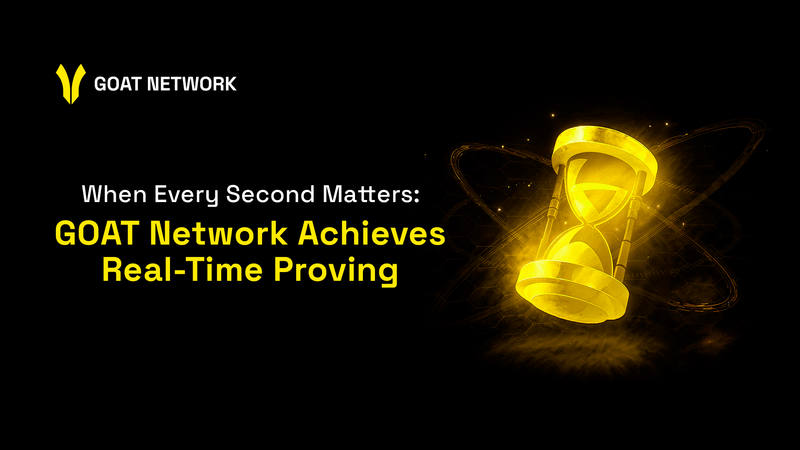Computing on Bitcoin #51
August 08, 2025 - Week 32
Welcome to another edition of Computing on Bitcoin News—your weekly roundup of the people, protocols, and breakthroughs pushing Bitcoin forward.
Let’s dive into what’s new this week.
Fairgate introduces FLEX, a new fraud-proof system for Bitcoin bridges that eliminates the need for large, permanent security bonds. Built using garbled circuits and compatible with the BitVM and BitVMX ecosystems, FLEX enables on-demand security bonds that are only activated when a dispute arises. This reduces costs without compromising security.
fairgate.io/publications
🔗
Introducing FLEX: Capital-Efficient Fraud-Proofs for Bitcoin Bridges

Built using garbled circuits and compatible with the BitVM and ecosystems, FLEX enables on-demand security bonds that are only activated when a dispute arises. This reduces costs without compromising security.
The result is a bridge architecture that is more capital-efficient, decentralized, and resilient to denial-of-service attacks, while maintaining compatibility with Bitcoin’s existing consensus rules: no soft-forks or opcode changes required.
BitVM-based bridges are evolving, but many may include emergency upgrade paths using multisigs. Janusz explores the implications for trust assumptions and transparency in this in-depth analysis.
insider.btcpp.dev
🔗
BitVM-based bridges and emergency upgrades

Well, BitVM-based bridges probably want the same guarantees. We want bridge operators to be bound by the rules of the specific BitVM set up. But what if something went wrong? What if there was an exploit in the system that could see an attacker take all of the money with no recourse or cause funds to be permanently frozen?
Bitfinex published an article on how BitVMX Watchtowers could improve the security and decentralisation of the Lightning Network. By using fraud proofs, BitVMX turns watchtowers into programmable and verifiable agents whose actions can be audited and challenged on-chain, reducing trust in any single operator and enhancing Lightning’s resilience for mainstream adoption.
Computing on Bitcoin Podcast #2 - Ariel Futoransky
youtube.com/@Fairgate_Labs
Futo is a researcher, programmer, and entrepreneur, co-founder of many cybersecurity and blockchain related companies such as Core Security, Disarmista, and BitTrap, with key contributions to these fields.
GOAT Network launches its BitVM2 Beta Testnet with real-time proving, achieving sub-3s block and proof generation via a distributed zkVM pipeline
goat.network/blog
🔗
When Every Second Matters: GOAT Network Achieves Real-Time Proving

Real-time proving is essential for capital-efficient BitVM2 operators, secure state transitions, and the kind of performance a real Bitcoin economy demands.
Imagine if you had to wait an uncertain amount of time when trying to do something with your bank funds - just because the system couldn’t verify your request fast enough. That’s where most Rollups are today. Enter GOAT Network.
Alpen Labs has launched its public testnet, marking a major step toward a native financial ecosystem on Bitcoin. The testnet features an EVM-compatible environment and a BitVM2-inspired verifier, with plans to upgrade to Glock.
alpenlabs.io/blog
🔗
Alpen’s Public Testnet is live!

As a milestone, testnet is analogous to reaching base camp when summiting a towering mountain. A base camp provides the staging area at the base of a mountain from where climbers prepare for their ascent to the summit. Testnet provides Alpen Labs, contributors, and the ecosystem a base to collaboratively prepare for the final sections of the ascent to mainnet.
That wraps up this week’s Computing on Bitcoin News.
Thanks for following along as the community continues to push the boundaries of what’s possible with Bitcoin.
We’ll be back next Friday with more updates, research, and ecosystem highlights.
The Fairgate Team




